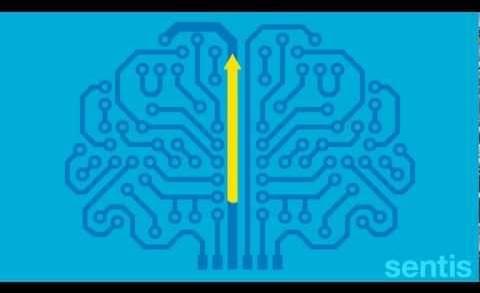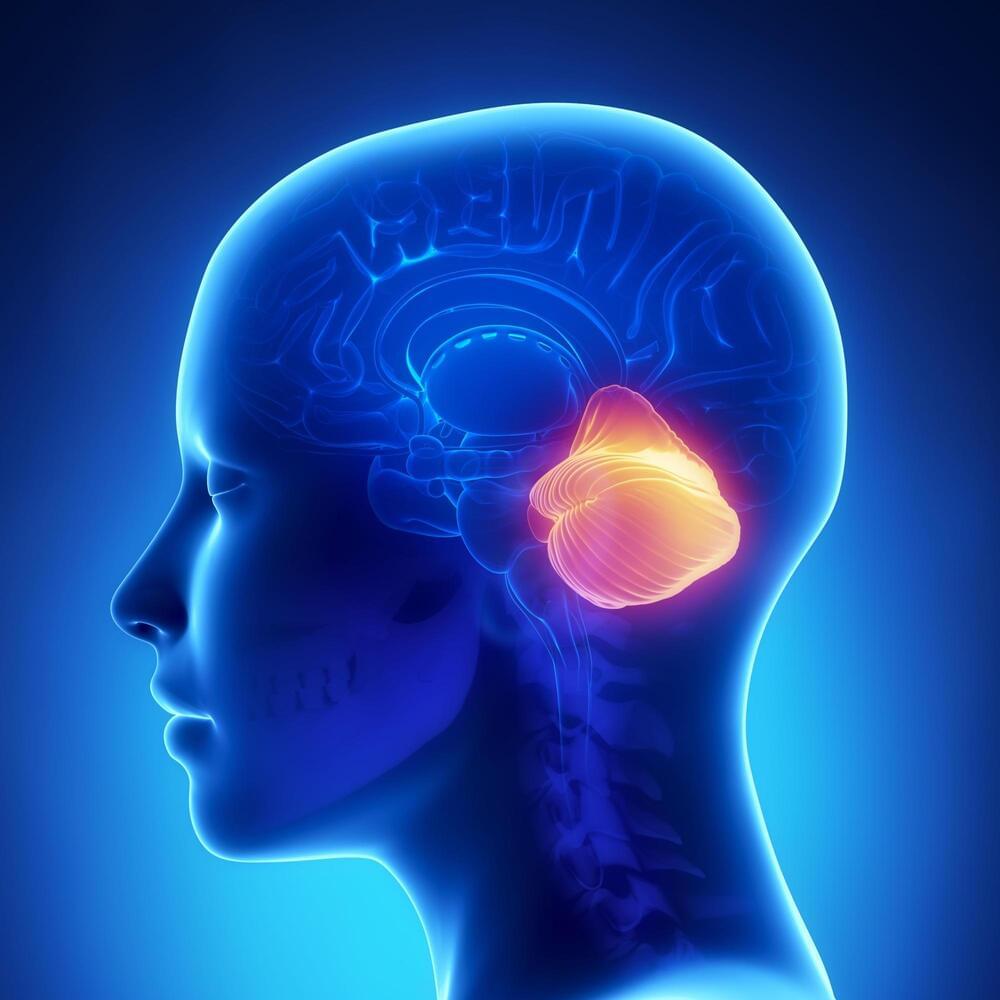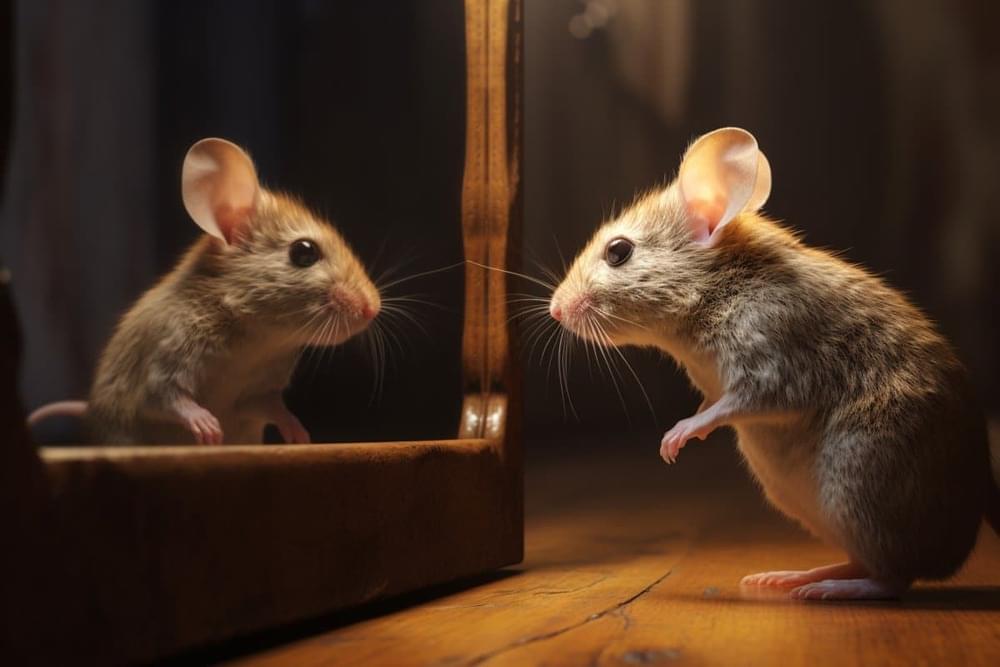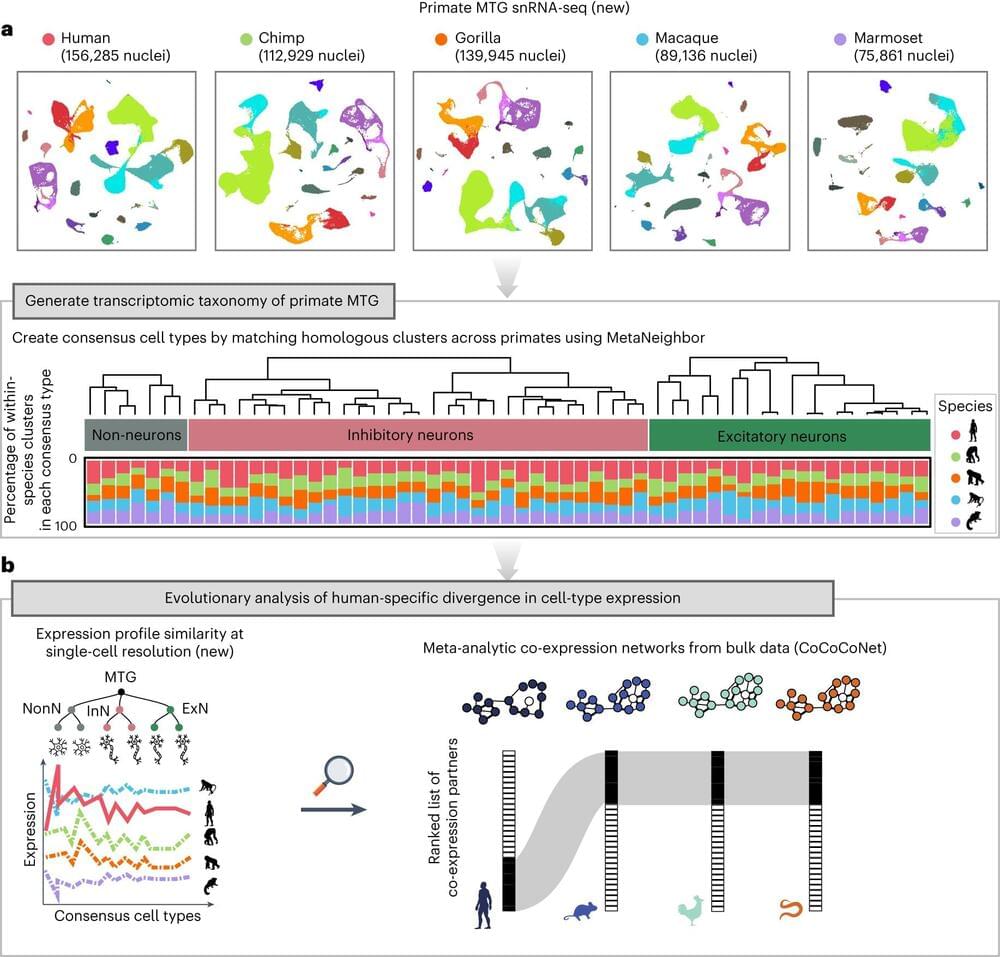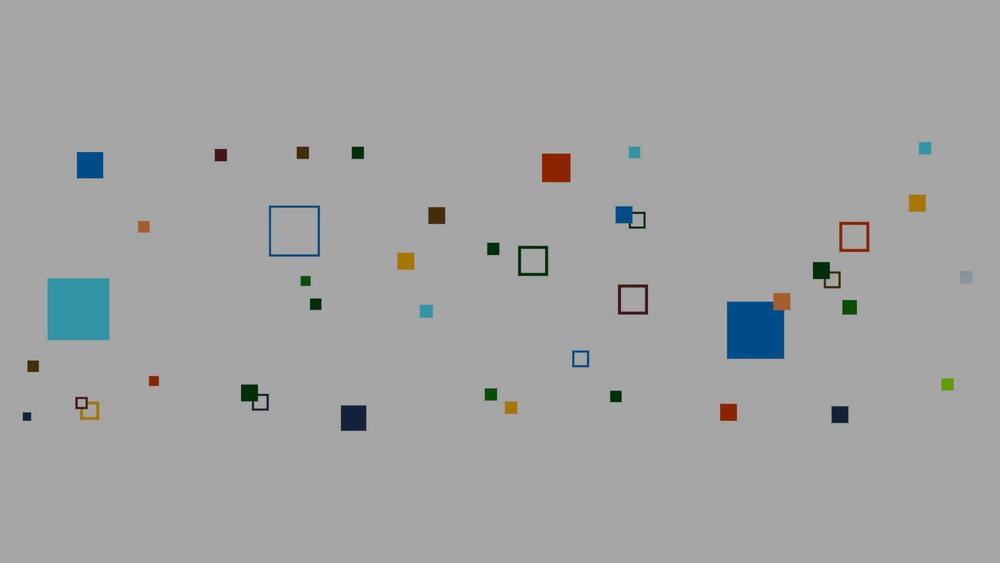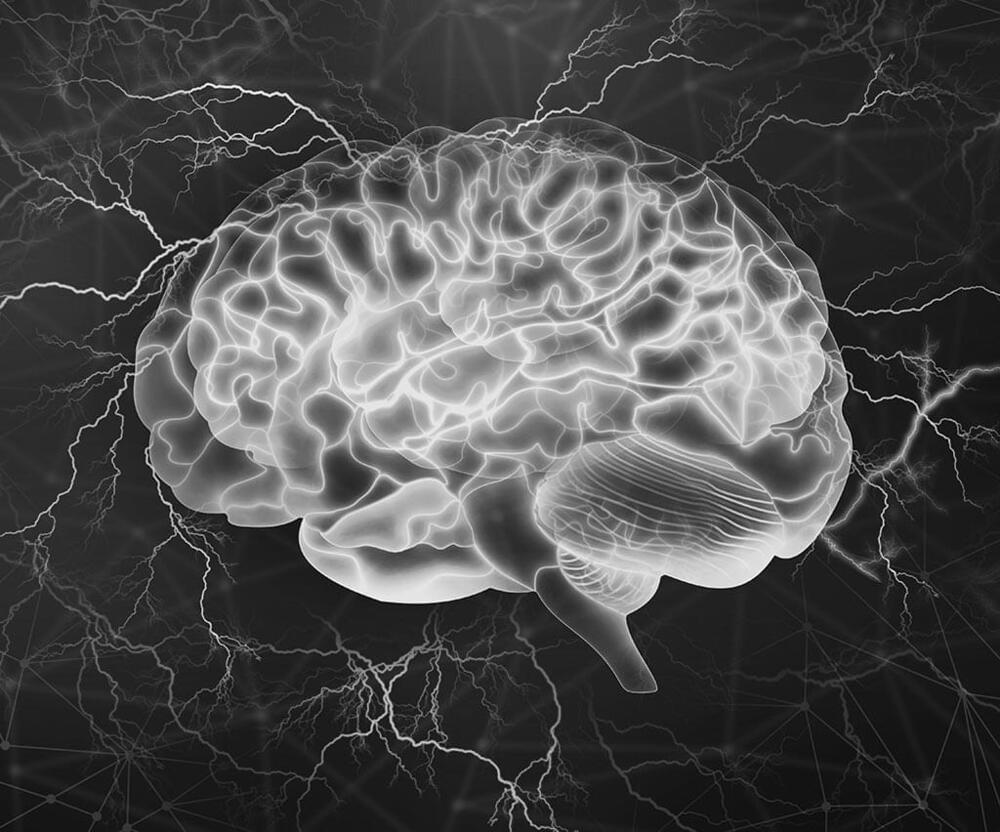Dec 8, 2023
Boost Neuroplasticity & Strengthen Your Brain: Expert Tips
Posted by Chris Smedley in categories: biotech/medical, computing, neuroscience
IN THIS EPISODE OF THE HUMAN UPGRADE™…you’ll learn how much control you can actually have over your brain. There’s a new way of accessing your meat operating system that adds an important element that’s been missing from the brain training conversation. Moha Bensofia joins the show to explain a new piece of neurotech called Mendi. He shares the benefits of getting more blood to the front of your brain. Mendi uses neurofeedback to provide visual feedback based on your brain activity.
A headset measures the activity while you play a fun brain-training mobile game. The system uses fNIRS technology to measure blood flow and oxygenation in the pre-frontal cortex of the brain. The brain training game requires focus and calmness, which increases activity and control of your brain’s pathways.

